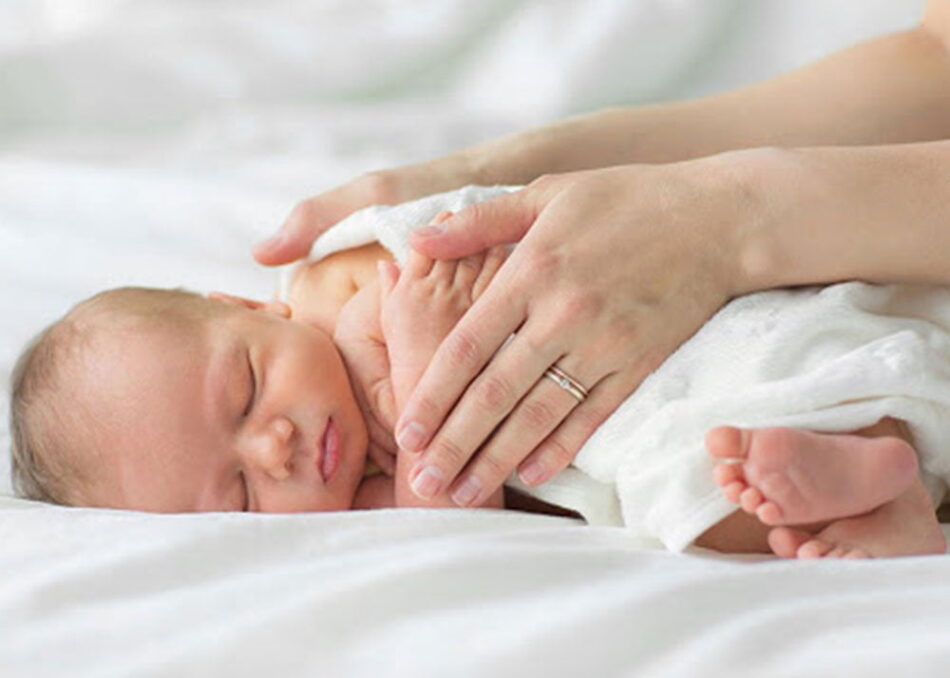Caring for a newborn’s delicate skin is a significant responsibility, and a home nurse plays a crucial role in ensuring that a baby’s skin remains healthy, soft, and protected. Newborn skin is highly sensitive and prone to irritation, dryness, and rashes. A Home Nurse For Newborns Dubai provides guidance, support, and hands-on care that helps parents maintain optimal skin health for their baby.
Understanding Newborn Skin
Newborn skin is thinner and more fragile than adult skin, making it more susceptible to irritation and infection. A home nurse understands the unique characteristics of newborn skin and is trained to recognize early signs of skin issues. They ensure that the baby’s skin remains clean and moisturized while monitoring for any abnormalities that may require attention.
Daily Cleansing and Bathing
A home nurse assists with the proper bathing routine for newborns. Gentle cleansing is essential to remove dirt and sweat without stripping the skin of natural oils. The nurse guides parents on the right water temperature, washing techniques, and frequency of baths to maintain skin hydration and prevent dryness or rashes.
Moisturization and Skin Hydration
Maintaining moisture is key to healthy newborn skin. A home nurse educates parents about the importance of regular hydration to prevent dryness and cracking. They demonstrate how to apply gentle moisturizing techniques that protect the baby’s skin barrier and keep it soft and supple.
Diaper Area Care
Diaper rash is one of the most common skin concerns in newborns. A home nurse ensures proper diapering practices, including frequent changes, gentle cleaning, and careful drying of the area. They also guide parents on how to observe the skin for redness or irritation and manage mild rashes effectively before they worsen.
Recognizing Skin Conditions
Newborns can develop various skin conditions such as cradle cap, eczema, or mild irritations. A home nurse is trained to identify these conditions early and implement measures to reduce discomfort. They educate parents about how to manage these issues through proper cleansing, protective care, and observation.
Gentle Handling and Skin Protection
Handling a newborn gently is vital for skin protection. A home nurse demonstrates safe ways to hold, dress, and position the baby to avoid friction and pressure that may harm delicate skin. They ensure that clothing, bedding, and swaddling techniques support skin health and prevent irritation.
Monitoring Skin Changes
Regular monitoring of skin changes is part of a home nurse’s care routine. They observe for signs of dryness, redness, peeling, or unusual spots, providing guidance on when to adjust care routines. This proactive approach helps in maintaining skin health and preventing potential complications.
Educating Parents
A home nurse serves as an educator for parents, teaching them how to care for their newborn’s skin confidently. This includes guidance on bathing, moisturization, diapering, and recognizing early signs of irritation. Parents gain knowledge and skills that empower them to maintain healthy skin for their baby.
Handling Sensitive Areas
Newborns have areas that are particularly sensitive, such as folds in the neck, underarms, and behind the ears. A home nurse ensures these areas are kept clean and dry to prevent rashes and infections. They demonstrate techniques that reduce friction and maintain comfort while supporting skin health.
Establishing a Routine
Consistency in skin care routines helps maintain a newborn’s skin health. A home nurse develops a structured daily routine for cleansing, moisturizing, and diaper care. This routine ensures that skin is cared for properly while helping parents feel confident in their caregiving abilities.
Responding to Common Skin Issues
A home nurse provides immediate guidance when common skin problems arise. They suggest gentle measures to relieve irritation and prevent worsening of conditions. This hands-on support helps parents manage challenges with confidence and reduces stress for both baby and family.
Supporting Overall Comfort
Skin health directly affects a newborn’s comfort and well-being. By maintaining healthy skin through proper care techniques, a home nurse contributes to the baby’s overall happiness and calmness. Comfortable skin reduces fussiness and promotes restful sleep, benefiting the baby and the parents.
FAQs
How often should a newborn be bathed?
A home nurse advises on bathing frequency based on the baby’s age, skin type, and daily activities, ensuring skin remains clean without losing natural moisture.
What are the signs of skin irritation?
Redness, dryness, peeling, or small bumps may indicate irritation. A home nurse educates parents on observing these signs and responding appropriately.
How can diaper rash be prevented?
Frequent diaper changes, gentle cleaning, and careful drying are essential. A home nurse demonstrates these practices and monitors the skin for early signs of rash.
When should a parent seek extra care for skin issues?
If irritation persists, worsens, or unusual spots appear, a home nurse advises parents on the next steps to ensure the baby’s skin stays healthy and comfortable.
Can skin care routines be adjusted as the baby grows?
Yes, a home nurse guides parents in adapting routines as the newborn develops, ensuring skin care practices remain effective and safe at every stage.
Maintaining a Home Nurse For Newborns in Dubai skin health requires attention, knowledge, and gentle care. A home nurse provides the expertise, hands-on assistance, and educational support that parents need to keep their baby’s skin soft, healthy, and protected. Their involvement ensures that every aspect of skin care, from daily cleansing to monitoring changes, is handled with care, supporting the baby’s overall comfort and well-being.









